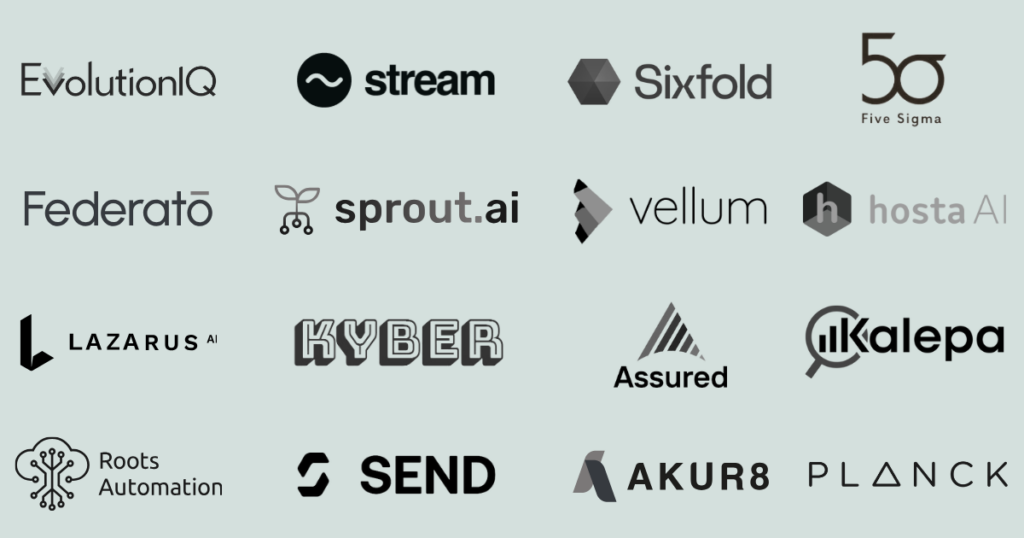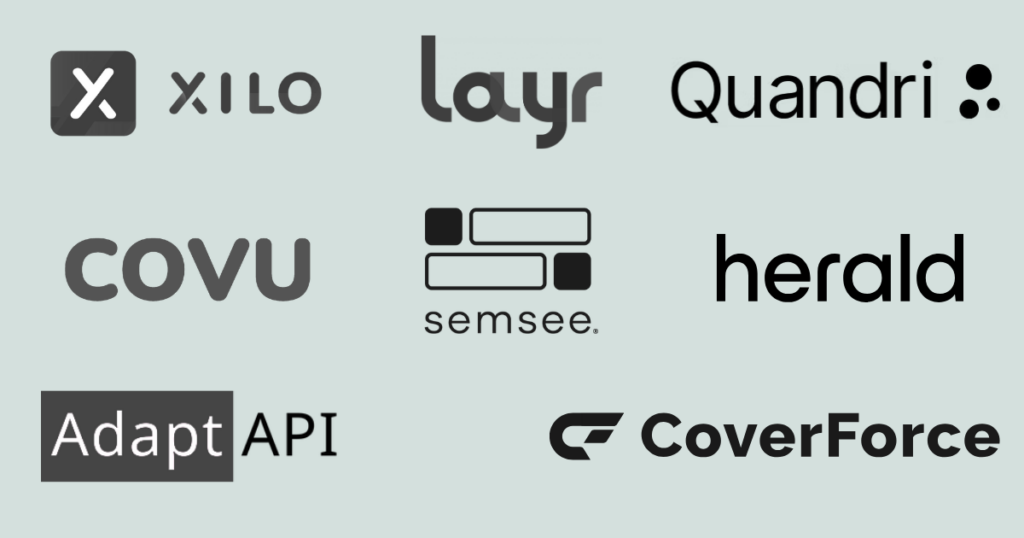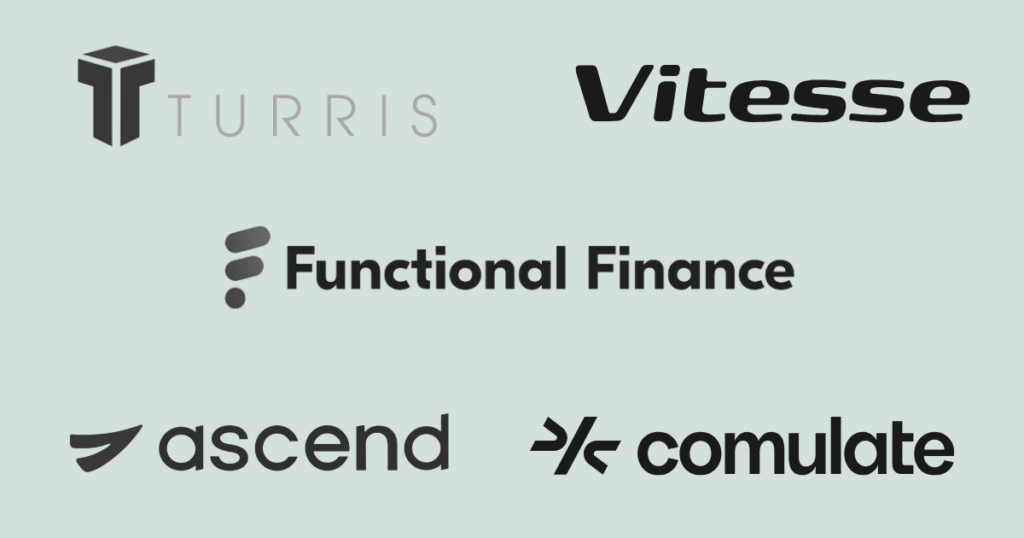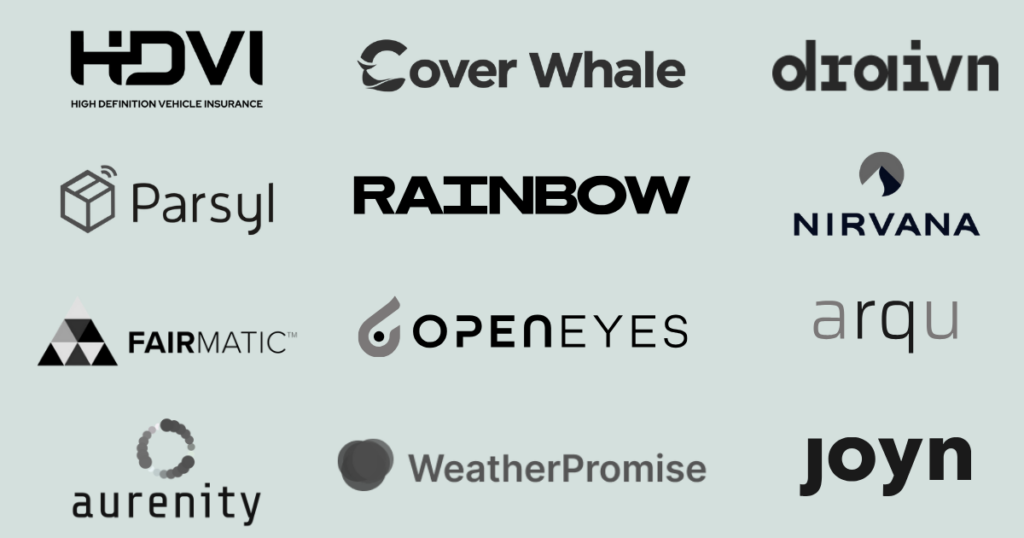Scale has been attending both ITC and Money20/20 for the past decade. For both conferences, this year’s was the first since ChatGPT was made generally available and LLMs exploded onto the scene.
The impact of LLMs have varied widely by industry and workflow. At Money20/20, we observed that the applications of LLMs were still in the early innings and that classical ML models were still the primary underlying infrastructure. The following week at ITC, we saw a stark difference in the number of applications leveraging LLMs. This makes sense given the magnitude of text-rich workflows in insurance vs. fintech and the underlying core strengths of LLMs.
As carriers and brokers are expected to do more with less, LLMs will be critical to enable that next level of automation. And, as exciting as LLMs are, there is still lots of innovation happening more broadly in the ecosystem.
Coming out of ITC, we could not be more excited about the innovation happening in the insurance industry. We predominantly saw entrepreneurs building in the following four categories:
- Automation and AI for underwriting and claims
- Empowering Brokers and Agents
- Connecting the fragmented and complex payment ecosystem
- Utilizing novel underwriting to empower carriers and fill gaps
Automation and AI for Underwriting and Claims
The insurance industry employs ~3M people, with a significant number of them manually doing the underwriting for policies and handling claims. It’s a slow, painful, inefficient process that requires insurers to hire armies to manually ingest, extract, and make decisions from the volumes of spreadsheets, PDFs, and emails specialists receive every day. LLMs can parse through all that disparate data, automatically extract and input the necessary fields into an underwriting or claims platform, and provide the agent with an actionable summary of the information. This enables agents to then exert final judgment in a fraction of the time. We’re not far from every insurance underwriting or claims specialist having their own AI copilot or assistant that will proactively do set tasks for them and always be on standby for new assignments or queries. Over time, we expect an increasing number of end-to-end processes and decisions to become fully automated. The ROI is massive here both from decreasing costs to enabling insurers to grow topline.

Empowering Brokers and Agents
Similar to the innovation on the carrier side, LLMs will play a big role in helping to automate the annoying manual work that every agent hates. Today, brokers are encumbered nonstop with manual processes throughout their disjointed core workflows – submitting quotes, servicing and retaining policies, and handling all the backoffice complexities. Through APIs and RPA, some startups are attempting to connect and reconcile workflows. Others are attempting to lessen the load even more by being a fully outsourced tech-enabled solution for different components.

Connecting the fragmented and complex payment ecosystem
There is a massive opportunity in the space for technology to give leadership the connective tissue to help optimize every dollar. The current ecosystem is incredibly fragmented and manual, making it difficult to answer the simplest questions like, “Have we been paid?” Let alone ensure timely disbursements and handle all the backoffice reconciliation complexity. Players are coming at this from different angles, with some offering premium financing, others providing a bank account, and still others being a treasury and routing layer.

Utilizing novel underwriting to empower carriers and fill gaps
Rising inflation, increasing environmental catastrophes, and the current macroeconomic landscape has resulted in carrier losses, forcing insurers to dramatically increase policy costs and retreat from certain markets. This leaves severe gaps in the ecosystem for startups to fill directly with innovative underwriting models or to build tooling to empower the incumbents to eventually return.

Calling all Insurance Entrepreneurs
The boom and bust of certain insurtech startups has scared off the fair weather investors — some have even proclaimed insurtech is dead. We strongly disagree. We’re always happy to meet with entrepreneurs building here and excited to continue supporting the ecosystem.